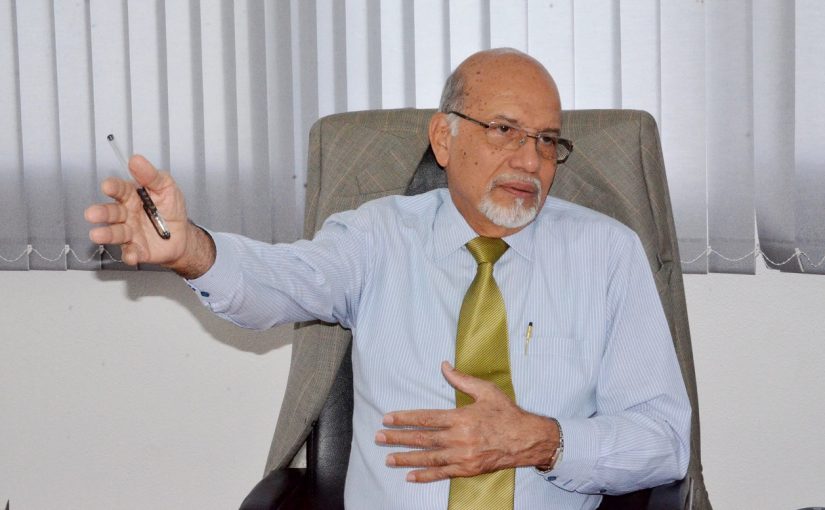Intertek ready to support with Mozambique’s mandatory import requirements
Mozambique: Export business will take time to rebuild – Kekobad Patel

File photo: Magazine Independente
Mineral coal, aluminium and tobacco are some of the products that Mozambique sells to other countries, mainly in Asia and Europe.
Mozambican businessman and president of the Fiscal Policy, Customs and International Trade at the Confederation of Economic Associations of Mozambique (CTA), Kekobad Patel, says that the export of those and other products has been affected by the Covid-19 pandemic.
Patel, who is also on the board of the Mozambique Community Network (MCNet), which manages the Single Electronic Window (JUE), predicts that the export business will take time to rebuild, with companies having significantly reduced production and exports in the face of uncertainties imposed by the crisis.
In an interview with ‘Carta’, Patel noted that the collection of revenue for the state is also impaired, and that the JUE already shows evidence of this.
“The impact is evident in the JUE. Naturally, if companies are not working, they are not exporting either, and when that happens, it means that there is no revenue for the state. In an analysis of the last two months, compared to the same period last year, the drop in revenue collection is 35%, and the same in relation to imports.”
Patel says the fall in exports will contribute to the continuous depreciation of the national currency, the metical, against other currencies, especially the US dollar, and, consequently, the prices of imported goods will rise, ultimately increasing the cost of living.
Our interviewee expressed reservations about the future of the export business in the midst of a pandemic, because the process lifting of restrictions and reactivation of economies in the countries which consume our products will only take place gradually.
In addition, Patel points out, “suppose that for any reason another wave of infections comes, these countries will close. China, for example, is experiencing more infections, again, and does not yet know how far the virus will spread. But, if it is bigger and closes again, what will happen? So there are a number of issues here that need to be addressed.”
With no foreign market, Patel says it is time to develop the national market, ensuring internal production and distribution, mainly of agricultural products, in order to avoid dependence on exports. For this to materialize, Patel says it is necessary to get companies up and running again, requiring practical and not just verbal support from the government.
For the government to start collecting taxes again, “the measures announced to support companies need to be implemented, and swiftly”, Patel concludes.
By Evaristo Chilingue













Leave a Reply
Be the First to Comment!
You must be logged in to post a comment.
You must be logged in to post a comment.